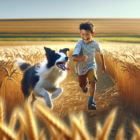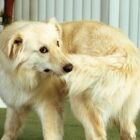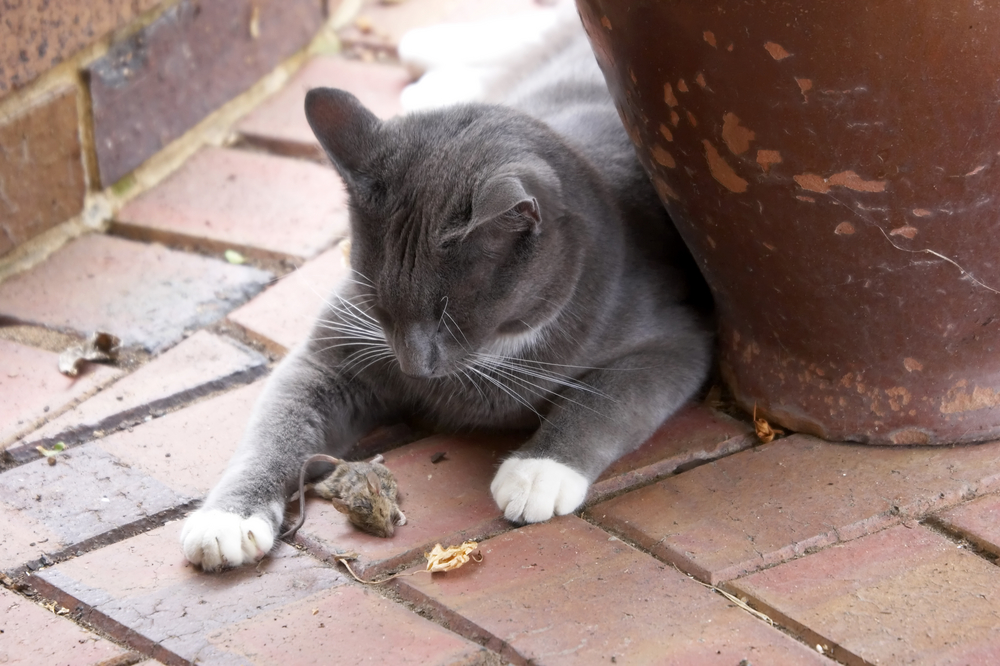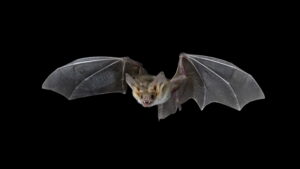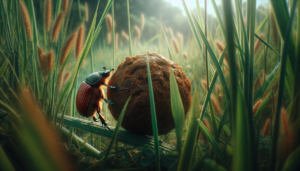Why does my dog eat poop?
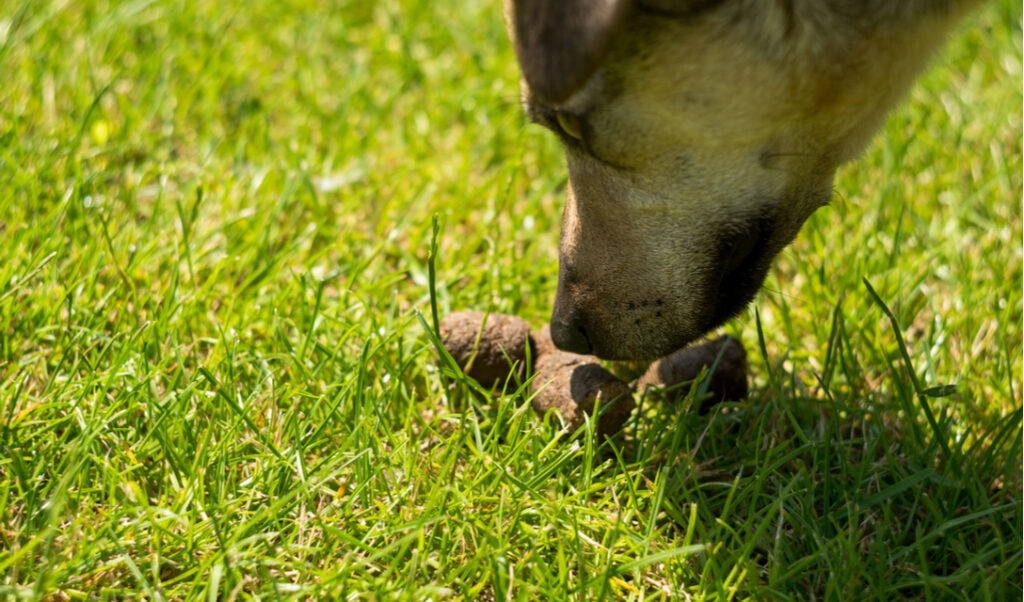
The behavior of dogs eating their own or other animals’ poop, known as coprophagia, can be both concerning and puzzling for pet owners. While this conduct might seem repulsive to humans, it’s a relatively common behavior observed in dogs.
Natural Instincts and Survival
Historically, dogs, as scavengers, have evolved with behaviors that include scavenging for food, which might include eating feces. Dr. Benjamin Hart, a veterinary behaviorist and professor emeritus at the University of California, Davis, explained in an article published in Veterinary Medicine how in the wild, canines might consume feces to acquire nutrients that were not absorbed during the first pass through the digestive system. This scavenging behavior could be an instinctual survival strategy to maximize nutrient intake.
Puppies and Maternal Behavior
For puppies, eating feces might be a behavior learned from their mother. A 2012 study published in Applied Animal Behavior Science suggested that the behavior of eating feces in young dogs might be imitative and learned from the mother dog, who might clean the puppies and ingest their feces to maintain a clean den and protect them from predators.
Dietary Deficiencies and Digestive Issues
Sometimes, coprophagia can be linked to nutritional deficiencies or issues with digestion. Dogs might resort to consuming feces if they lack certain nutrients in their diet. A study published in the Journal of the American Veterinary Medical Association in 1996 suggested that dogs fed diets lacking in certain nutrients might be more prone to coprophagia. Similarly, digestive problems or malabsorption issues can prompt dogs to eat feces in an attempt to re-ingest nutrients.
Behavioral and Environmental Triggers
Behavioral triggers, including stress, anxiety, or boredom, can lead to coprophagia. Dogs might engage in this behavior due to anxiety, especially if they’ve been scolded for defecating in the wrong place. Additionally, dogs kept in confined spaces or environments with limited mental and physical stimulation might resort to eating feces as a way to cope with stress or alleviate boredom.
Medical Conditions
It’s important to consider that coprophagia can also be linked to underlying medical issues. Gastrointestinal problems, parasites, malabsorption disorders, or certain diseases can cause dogs to consume feces. In a 2012 article in the Journal of Veterinary Behavior, veterinarians emphasized the importance of ruling out medical conditions before addressing coprophagia as a behavioral issue.
Coprophagia in dogs can be a complex behavior influenced by a combination of instinctual, nutritional, environmental, and medical factors. Understanding the underlying causes is crucial in addressing this behavior.
To tackle coprophagia, ensuring a well-balanced and nutritious diet for your dog, along with regular veterinary check-ups, is essential. Providing mental and physical stimulation, along with proper training and a stress-free environment, can help mitigate this behavior. Additionally, avoiding access to feces and cleaning the dog’s environment promptly can discourage this behavior.
While coprophagia can be distressing for dog owners, patience and consistent training, along with veterinary guidance, can help address and manage this behavior effectively.

